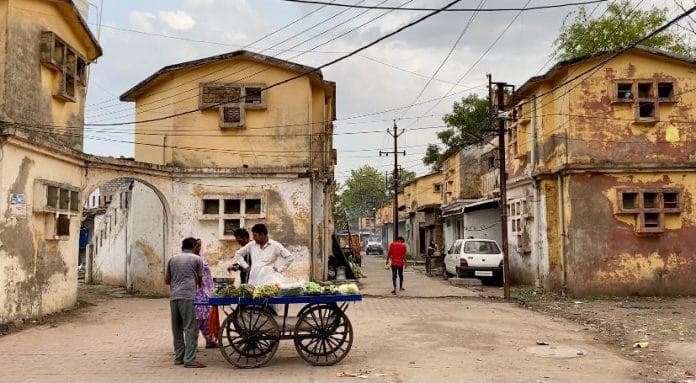
Thank you dear subscribers, we are overwhelmed with your response.
Your Turn is a unique section from ThePrint featuring points of view from its subscribers. If you are a subscriber, have a point of view, please send it to us. If not, do subscribe here: https://theprint.in/
The Bhopal Gas tragedy is the worst industrial disaster that took place in the world and remains the one in terms of the death toll and still remains one in terms of the death toll with estimates between 3,787–19,000.
The UCIL and UCC were not able to hold up the basic safety protocols needed by a chemical company. What’s dangerous is that even after their knowledge about the egregious safety of the Bhopal plant, they continued their operation. The technicians were not properly trained and were unequipped both in terms of protective gears and were not elucidated about the protocols to follow to handle such fallout either. What is shocking is their handling of situation when the leak started. They should have informed the local authorities in time when they knew that the situation was out of their hands. Instead when enquired by the local authorities over phone, they claimed everything to be under control. None of the safety protocols were in place and safety equipment were in non-operable condition. The local authorities failed to take appropriate measures after the incident. The local hospital was not correctly informed about chemical compound leaked and the hospital was ill equipped to deal with the catastrophe.
Whereas many people asserts that they (UCC) acted as if the lives of poor innocent people of a developing country had no value, one should know that all the employees in the plant were Indians and the workers working were under the supervision of their Indian supervisors.
Many people assert and believe quite credulously that the Government of India allowed an American company to construct and operate a factory dealing with chemicals in a highly populated region and stuff like they did not perform any background check on the company and succumbed to the pressure from the US and greed for more taxes from the company etc. It’s all nothing but a farrago of rubbishes. The truth is the company was built in 1969. This was before liberalization of the Indian economy in the 1990s, which means that the company came in India through the notorious Licence Raj in India. Enough background checks had been done & UCC itself was a very known company in the pesticides and fertilizer business and had a lot of plants in USA itself before entering in India. What should be blamed is the fact that we in India did not did enough safety audits when leakages were reported 8 years before and the fact that there was enough evidence that whole plant was in a tenuous state and desperately needed upgrades and refits. The fact that operations managers kept the plant running knowingly that the pant was in a tenuous conditions raises some serious questions on who is really to be blamed. The NSC do safety audits industries all over the country and had they issued red flags earlier the plant would either had been shut down or the UCC would’ve been forced to release funds for the plant’s modernization.
Warren Anderson the CEO of UCC did not escape out of India, in fact, it was the other way around he rushed to India with a team of experts to find the cause but when he reached India the government of India gave him 24 hours to leave the country, He was not escaping as claimed by everyone, in fact, he came here to help.
These are the facts and data available to us and many choose to overlook it or simply deny it, but it is what it is. The communist leaning intellectuals and politicians often present as evilness of capitalist episode.
I would agree that what it was, was an amalgamation of American greediness and India work culture.
30 years have passed since the terrible disaster in Bhopal. The people of Bhopal and the citizens of India paid a huge price for something they were not fault of. They are the real stakeholders. Thousands died and many suffered permanent disabilities. Thousands of families ceased to exist and lacs others suffered major health and economic consequences. People still suffers from health issues even today and children are born with deformities. Disasters like Bhopal were incidents that tragically started to concoct the current concept of the safety culture. Surely, the lives that those accidents took helped create a new safety culture that has saved the lives of many other people from disaster. Or at least that’s one of the only positive lessons we have managed to find in India. And that’s the most important thing. The handling of epidemics like the plague in Surat or the Chinese coronavirus in India which has earned India praises from the world shows that we have evolved with positive lessons and have come a long way.
Also read: SubscriberWrites: ‘Democracy 2.0’ — A new definition of democracy is needed in changing times
These pieces are being published as they have been received – they have not been edited/fact-checked by ThePrint.


COMMENTS